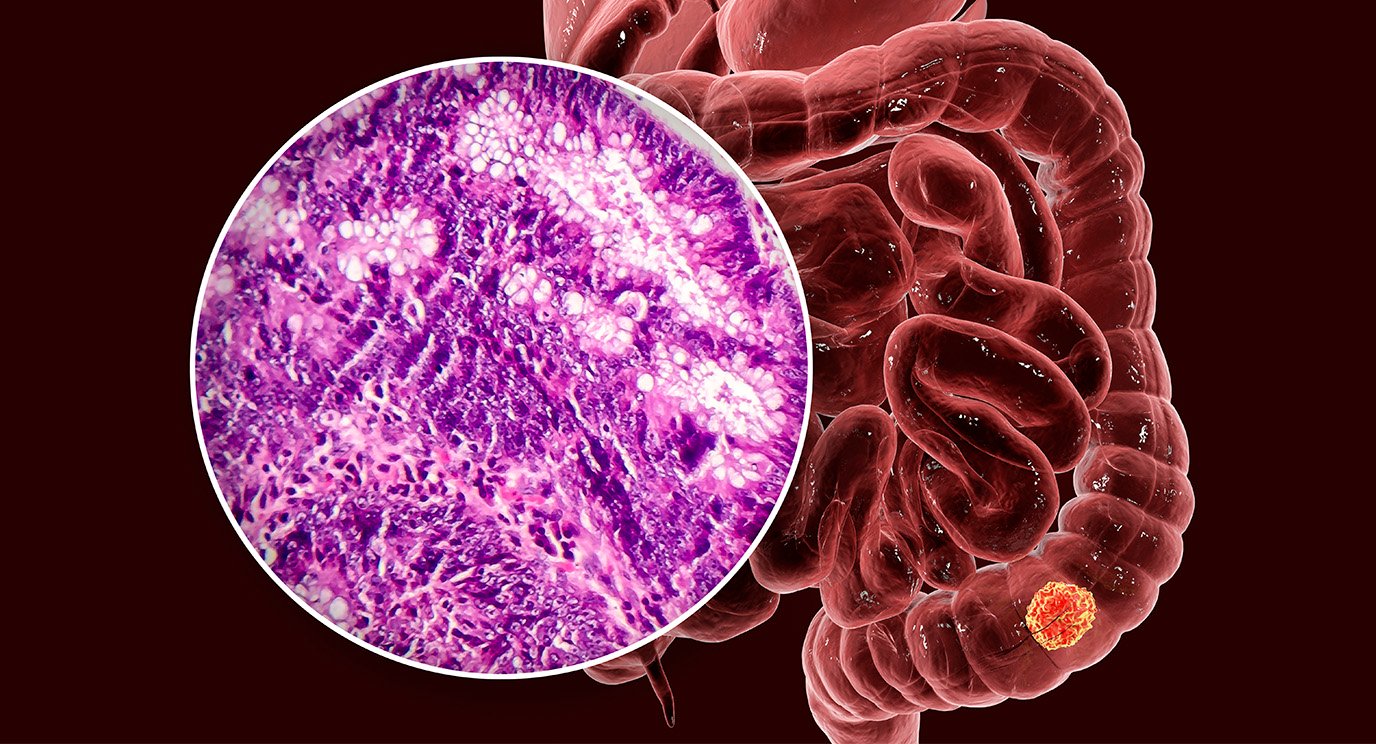- Diseases
- Acoustic Neuroma (14)
- Adrenal Gland Tumor (24)
- Anal Cancer (66)
- Anemia (2)
- Appendix Cancer (16)
- Bile Duct Cancer (28)
- Bladder Cancer (68)
- Brain Metastases (28)
- Brain Tumor (230)
- Breast Cancer (718)
- Breast Implant-Associated Anaplastic Large Cell Lymphoma (2)
- Cancer of Unknown Primary (4)
- Carcinoid Tumor (8)
- Cervical Cancer (154)
- Colon Cancer (164)
- Colorectal Cancer (110)
- Endocrine Tumor (4)
- Esophageal Cancer (42)
- Eye Cancer (36)
- Fallopian Tube Cancer (6)
- Germ Cell Tumor (4)
- Gestational Trophoblastic Disease (2)
- Head and Neck Cancer (6)
- Kidney Cancer (124)
- Leukemia (344)
- Liver Cancer (50)
- Lung Cancer (288)
- Lymphoma (284)
- Mesothelioma (14)
- Metastasis (30)
- Multiple Myeloma (98)
- Myelodysplastic Syndrome (60)
- Myeloproliferative Neoplasm (4)
- Neuroendocrine Tumors (16)
- Oral Cancer (100)
- Ovarian Cancer (170)
- Pancreatic Cancer (166)
- Parathyroid Disease (2)
- Penile Cancer (14)
- Pituitary Tumor (6)
- Prostate Cancer (144)
- Rectal Cancer (58)
- Renal Medullary Carcinoma (6)
- Salivary Gland Cancer (14)
- Sarcoma (236)
- Skin Cancer (296)
- Skull Base Tumors (56)
- Spinal Tumor (12)
- Stomach Cancer (60)
- Testicular Cancer (28)
- Throat Cancer (90)
- Thymoma (6)
- Thyroid Cancer (98)
- Tonsil Cancer (30)
- Uterine Cancer (78)
- Vaginal Cancer (14)
- Vulvar Cancer (18)
- Cancer Topic
- Adolescent and Young Adult Cancer Issues (20)
- Advance Care Planning (10)
- Biostatistics (2)
- Blood Donation (18)
- Bone Health (8)
- COVID-19 (362)
- Cancer Recurrence (120)
- Childhood Cancer Issues (120)
- Clinical Trials (626)
- Complementary Integrative Medicine (24)
- Cytogenetics (2)
- DNA Methylation (4)
- Diagnosis (230)
- Epigenetics (6)
- Fertility (64)
- Follow-up Guidelines (2)
- Health Disparities (14)
- Hereditary Cancer Syndromes (124)
- Immunology (18)
- Li-Fraumeni Syndrome (8)
- Mental Health (118)
- Molecular Diagnostics (8)
- Pain Management (62)
- Palliative Care (8)
- Pathology (10)
- Physical Therapy (18)
- Pregnancy (18)
- Prevention (896)
- Research (390)
- Second Opinion (74)
- Sexuality (16)
- Side Effects (604)
- Sleep Disorders (10)
- Stem Cell Transplantation Cellular Therapy (216)
- Support (404)
- Survivorship (322)
- Symptoms (184)
- Treatment (1776)
Which cancers can be treated with immune checkpoint inhibitors?
3 minute read | Published February 05, 2024
Medically Reviewed | Last reviewed by an MD Anderson Cancer Center medical professional on February 05, 2024
Updated June 28, 2024
Immunotherapy is a type of cancer treatment that does not target the cancer itself, unlike traditional treatments. Instead, immunotherapy trains the immune system to fight cancer. Several types of immunotherapy are now approved to treat a wide variety of cancer types.
“At times, our immune system can become tolerant to cancer for various reasons,” says Aung Naing, M.D., who leads an immunotherapy working group in MD Anderson’s Phase I clinical trials program. “With immunotherapy, we are trying to harness or reinvigorate the immune system so that it recognizes and attacks the cancer instead of being tolerant. These agents have transformed cancer care since the approval of the first immune checkpoint inhibitor for metastatic melanoma in 2011.”
What are immune checkpoint inhibitors?
Immune checkpoint inhibitors work by blocking checkpoint proteins – including CTLA-4, PD-L1 and PD-1 – on the surface of T cells. These proteins normally prevent T cells from attacking healthy cells, but treatment with checkpoint inhibitors unleashes the T cells to eliminate cancer cells more effectively. Approved checkpoint inhibitors include:
- anti-CTLA-4 therapies ipilimumab and tremelimumab
- anti-PD-1 therapies cemiplimab, dostarlimab, nivolumab, pembrolizumab, retifanlimab-dlwr and tislelizumab
- anti-PD-L1 therapies atezolizumab, avelumab and durvalumab
- anti-LAG-3 therapy relatlimab
Immune checkpoint inhibitors are one of several types of immunotherapy. Other forms include:
- Adoptive cellular therapies such as chimeric antigen receptor (CAR) T cell therapies, are immune cells taken from a patient or healthy donor and modified to boost their ability to eliminate cancer.
- Targeted antibodies are treatments that mimic naturally occurring antibodies from our immune system.
- Cancer vaccines train the body to recognize specific features of cancer and stimulate an immune response.
- Oncolytic viruses use engineered viruses to infect and destroy cancer cells.
- Immune system modulators, or cytokine therapies, use immune signaling compounds to stimulate immune activity.
Immune checkpoint inhibitors treat many types of cancer
Currently, the Food and Drug Administration (FDA) has approved immunotherapies to treat certain patients with the following cancer types. FDA approval is a carefully regulated process to ensure that medicines are safe and effective for patients.
- Alveolar soft part sarcoma
- Basal cell skin cancer
- B-cell lymphoma
- Bile duct cancer
- Bladder cancer
- Cervical cancer
- Classical Hodgkin lymphoma
- Colorectal cancer
- Cutaneous squamous cell cancer
- Endometrial cancer
- Esophageal cancer
- Head and neck squamous cell cancers
- Kidney cancer
- Liver cancer
- Lung cancer
- Melanoma
- Merkel cell cancer
- Mesothelioma
- Stomach cancer
- Triple-negative breast cancer
Additionally, some patients with advanced solid tumors and specific tumor characteristics, such as high microsatellite instability (MSI-H), mismatch repair deficiencies (dMMR), or high tumor mutational burden (TMB), may be eligible for treatment with certain immune checkpoint inhibitors, regardless of cancer type.
Immune checkpoint inhibitors may be used alone or in combination with other treatments, such as chemotherapy or targeted therapies. In many cases, patients must meet certain criteria to be eligible for these therapies. Keep in mind that the information shared here should not be considered medical advice.
"Immunotherapies are now not only being used to treat a large number of different cancers, but importantly, in some cancers like melanoma, they are now being used in earlier stages, either with a neoadjuvant approach (before surgery) or in the adjuvant setting. In both cases, the goal is to decrease the risk of cancer recurring at a later point. Other indications now include brain metastases," says melanoma medical oncologist Isabella Glitza Oliva, M.D., Ph.D. "Our research is continuing to push our understanding of why these successful therapies do not work in some patients and to enable us to find ways to help more patients."
Request an appointment at MD Anderson online or call 1-844-866-3603.
Related Cancerwise Stories

This list frequently evolves as more immunotherapies are evaluated through clinical trials.
Sapna Patel, M.D.
Physician & Researcher





